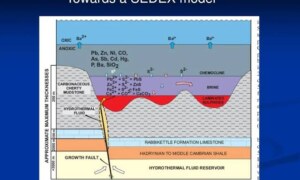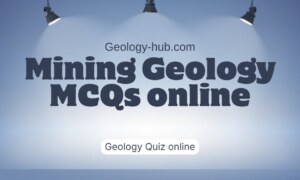The difference between mineral, metal and ores
Many people confuse three completely different classes of substances (minerals, ores, and metals), so that metal becomes a mineral, and all minerals become ores.
Minerals
Minerals are inorganic solids (elements or compounds) that have distinct physical properties. Each substance has a known atomic structure and a fixed chemical composition that can be expressed in a specific chemical formula. It exists in nature in its image without any human intervention.
Minerals are divided into two branches:
- Metal-bearing minerals
- metalliferous minerals,
- Industrial non-metallic minerals
- nonmetallic industrial minerals.
Most minerals must go through several different processes in order to extract usable products from them, such as: metals and various chemicals. Few mineral products are used as they were extracted from the mine only after cleaning, grinding and shaping them to change the final shape without causing any change in their chemical composition, and coal is the most prominent example of these minerals.
Ores materials
The solid materials present on the planet, which we refer to as rocks, are nothing but rubble of a metal or several minerals, and among these rocks we find ores. Thus, we can say that: Ores are natural agglomerations of minerals from which one or more metals can be extracted, allowing for economic profit. As we can see, the economic factor controls the definition, and accordingly we say that all ores are necessarily minerals, but the opposite is not true.
We can treat no mineral deposits as ores unless they contain a sufficient proportion of metals (or useful substances) to permit their profitable extraction. For example, the mineral molybdenite (MoS2) remains molybdenite forever. As for the rock that we mine, we may consider it as molybdenite ore or not, and we may not consider it raw now, then we consider it as such after several years, as the matter depends on the economic feasibility of extracting it, as I mentioned.
Economic feasibility depends on several factors, including:
- The nature of the metal in the ore,
- percentage of impurities,
- the physical state of the ore,
- The location and quantity of rocks and their proximity to means of transportation,
- The world price of the metal we intend to extract as well.
Metals
In 1996 British physicist Nevill Mott wrote a letter to his colleague Peter P. Edwards, from which I quote:
Dear Peter
I have thought a lot about the answer to the question ‘What is a metal?’ and I think one can only answer at a temperature of zero (absolute zero), and then the metal conducts electricity, and the non-metal is what is below that.
From a purely chemical point of view, we can say that metals are those elements that make up more than three-quarters of the modern periodic table, and combine with the hydroxide ion -OH, forming basic compounds.
In general, we can distinguish metals as:
- Opaque glitter material.
- Good conductors of heat and electricity.
- Materials that reflect light well, when polished.
- Materials with high ductility and malleability.


Leave a comment